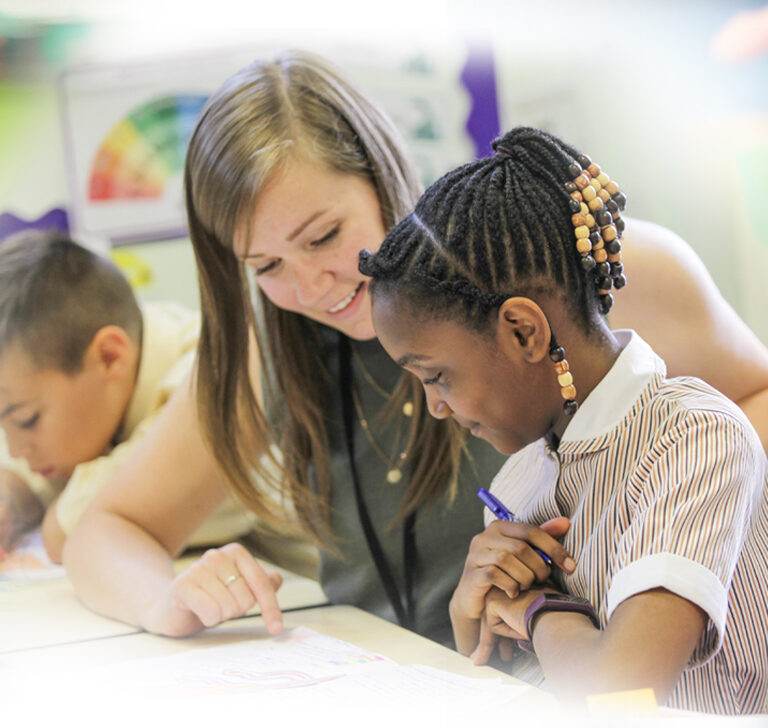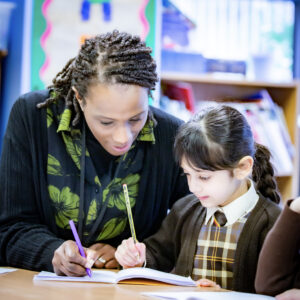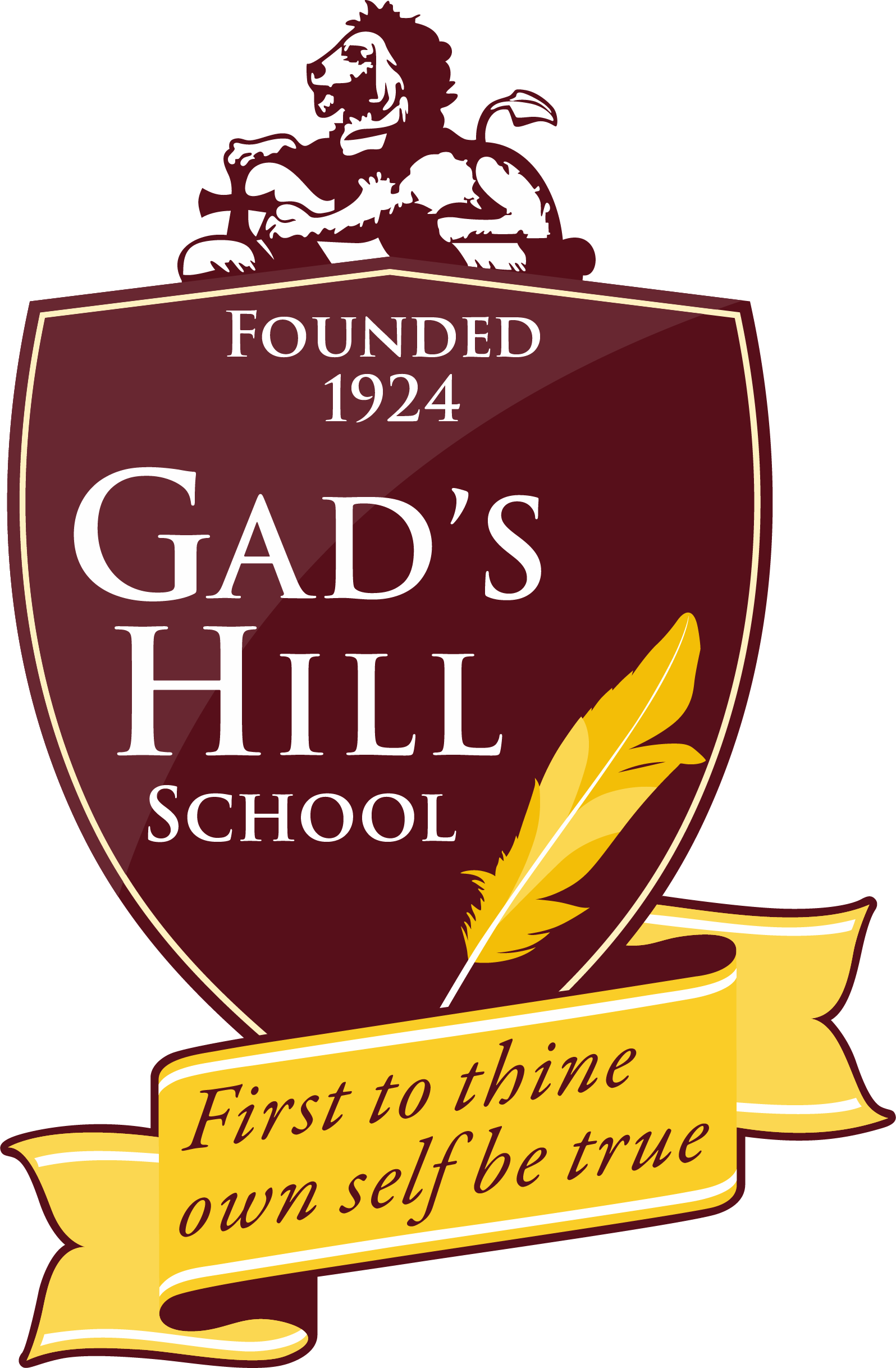
Computer Science
Computing is an essential part of the One Curriculum because it prepares pupils to use computational thinking and creativity to understand the changing world we live in. Computing has educational links to maths, science, DT (STEM), and provides understanding of both natural and artificial systems. Computer Science is the core of computing, in which pupils are taught the fundamentals of computation, how digital systems work, and how to put this knowledge to use through programming. Building on this core knowledge and understanding, pupils are then equipped to use information technology to create and manipulate programs, systems and a range of digital content. Computing also ensures that pupils become digitally literate and are able to use, express themselves and develop their ideas through technologies.
Lower School
Lower School
At Gad’s Hill School, Computing is a vital part of our curriculum, preparing pupils from K1 to Lower Shell to thrive in a digital world. Through a carefully sequenced programme, children develop not only technical skills but also creativity, resilience, and problem-solving abilities.
A strong emphasis is placed on coding throughout the years, starting with block-based programming and progressing to platforms like Scratch, Kodu, and HTML. These experiences challenge pupils to think logically, debug errors, and design their own digital solutions, helping them become confident, digitally literate problem solvers.
Each year builds on the last, with pupils exploring a wide range of tools including Microsoft Office, animation, photo and audio editing, and internet research. Lessons are hands-on and enquiry-based, using real-world contexts to make learning meaningful and engaging.
Challenge is embedded in every lesson, with differentiated tasks and enrichment opportunities such as e-safety animations and cross-curricular projects. By Lower Shell, pupils are not only digitally ready but also equipped with the curiosity and confidence to lead in a tech-driven future.

Upper School
Upper School
At Gad’s Hill, our Computing department is dedicated to equipping students with essential skills and knowledge in the rapidly evolving field of Computer Science.
We teach OCR Computer Science topics at GCSE, providing a robust foundation for future academic and career pursuits. Computing is a vital subject in today’s digital age, offering students the tools to understand and shape the technology that drives our world. It fosters critical thinking, problem-solving, and creativity, preparing students for a wide range of future opportunities.
Our Computing curriculum promotes key skills such as logical reasoning, computational thinking, and programming. Students gain knowledge in areas like algorithms, data representation, and cybersecurity, while emphasising values such as perseverance, collaboration, and ethical use of technology.
Students explore various themes, including programming languages, network security, and the impact of technology on society, with key topics like Python Programming, System Architectures, and AI being taught in both KS3 and KS4. Students build on their knowledge and skills progressively, starting with basic concepts and digital literacy, and advancing to complex programming and system analysis.
Computing supports wider learning by integrating with subjects like Mathematics, Science, and Design Technology (STEM), enhancing students’ analytical skills and encouraging interdisciplinary thinking.
Our teaching methods include practical work, enquiry-based learning, and extensive use of technology, engaging students in hands-on projects, collaborative tasks, and real-world problem-solving activities. We employ differentiation strategies to cater to diverse learning needs and offer enrichment opportunities to foster a deeper understanding and passion for Computing.
Our curriculum prepares students for the next stage of their education, including A-levels and university courses in Computer Science, and opens doors to careers in software development, cybersecurity, data analysis, and much more.

Lower School
At Gad’s Hill School, Computing is a vital part of our curriculum, preparing pupils from K1 to Lower Shell to thrive in a digital world. Through a carefully sequenced programme, children develop not only technical skills but also creativity, resilience, and problem-solving abilities.
A strong emphasis is placed on coding throughout the years, starting with block-based programming and progressing to platforms like Scratch, Kodu, and HTML. These experiences challenge pupils to think logically, debug errors, and design their own digital solutions, helping them become confident, digitally literate problem solvers.
Each year builds on the last, with pupils exploring a wide range of tools including Microsoft Office, animation, photo and audio editing, and internet research. Lessons are hands-on and enquiry-based, using real-world contexts to make learning meaningful and engaging.
Challenge is embedded in every lesson, with differentiated tasks and enrichment opportunities such as e-safety animations and cross-curricular projects. By Lower Shell, pupils are not only digitally ready but also equipped with the curiosity and confidence to lead in a tech-driven future.

Upper School
At Gad’s Hill, our Computing department is dedicated to equipping students with essential skills and knowledge in the rapidly evolving field of Computer Science.
We teach OCR Computer Science topics at GCSE, providing a robust foundation for future academic and career pursuits. Computing is a vital subject in today’s digital age, offering students the tools to understand and shape the technology that drives our world. It fosters critical thinking, problem-solving, and creativity, preparing students for a wide range of future opportunities.
Our Computing curriculum promotes key skills such as logical reasoning, computational thinking, and programming. Students gain knowledge in areas like algorithms, data representation, and cybersecurity, while emphasising values such as perseverance, collaboration, and ethical use of technology.
Students explore various themes, including programming languages, network security, and the impact of technology on society, with key topics like Python Programming, System Architectures, and AI being taught in both KS3 and KS4. Students build on their knowledge and skills progressively, starting with basic concepts and digital literacy, and advancing to complex programming and system analysis.
Computing supports wider learning by integrating with subjects like Mathematics, Science, and Design Technology (STEM), enhancing students’ analytical skills and encouraging interdisciplinary thinking.
Our teaching methods include practical work, enquiry-based learning, and extensive use of technology, engaging students in hands-on projects, collaborative tasks, and real-world problem-solving activities. We employ differentiation strategies to cater to diverse learning needs and offer enrichment opportunities to foster a deeper understanding and passion for Computing.
Our curriculum prepares students for the next stage of their education, including A-levels and university courses in Computer Science, and opens doors to careers in software development, cybersecurity, data analysis, and much more.

